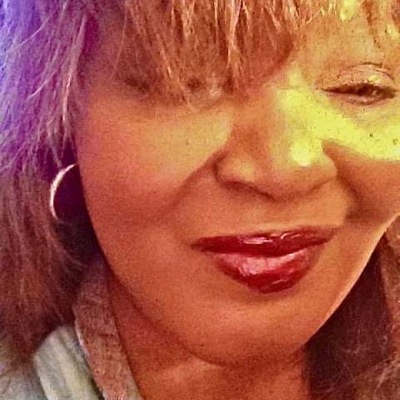The perception of Martin Luther King Jr. and Malcolm X is one where the two men are diametrically opposed figures in the battle against white supremacy (political insider vs. political renegade). The truth is more nuanced. King and Malcolm X shared “convergent visions” for the betterment of Black America. However, their strategies to attain their shared goal were shaped by their disparate upbringings.
1/
@[email protected] @[email protected] #BlackMastodon #Histodons #History #StillWeRise


For his part, Malcolm X publicly denounced Martin Luther King many times, calling the preacher a modern-day Uncle Tom stating that “B y teaching them to love their enemy, or pray for those who use them spitefully, today Martin Luther King is just a 20th century or modern Uncle Tom, or a religious Uncle Tom, who is doing the same thing today, to keep Negroes defenseless in the face of an attack.”
22/
#BlackMastodon #Histodons #History #StillWeRise #CivilRights
I
In a speech in 1963, King responded to Malcolm X’s labeling him an Uncle Tom by asserting that nonviolence was a weapon of strength. He viewed nonviolence as a powerful and courageous approach, capable of transforming America against its will.
23/
#BlackMastodon #Histodons #History #StillWeRise #CivilRights
Peniel Joseph, the historian, suggests that Malcolm X served as the prosecuting attorney for Black America, accusing white America of crimes against Black humanity that stretched back to racial slavery. In contrast, King acted as the defense attorney for Black America, but he defended both sides of the color line.
24/
#BlackMastodon #Histodons #History #StillWeRise #CivilRights
King defended Black people to white people, conveying that Black people desired inclusion in the body politic and citizenship, not Black supremacy or revenge. Likewise, he defended white people to Black people, emphasizing the presence of many good white individuals who fought alongside the movement and contributed to the pursuit of Black citizenship.
25/
#BlackMastodon #Histodons #History #StillWeRise #CivilRights
In time, Malcolm X would become less confrontational with King and his philosophies, due in part to his growing estrangement with the Nation of Islam. Tensions grew when Malcolm X and the leader of the Nation of Islam, Elijah Muhammed, differed on the Nation’s response to a shooting of a Nation member by the Los Angeles Police Department in 1962; Malcolm X demanded action while Muhammed advocated caution and patience.
26/
#BlackMastodon #Histodons #History #StillWeRise #CivilRights
The disagreement came to a head the following year in 1963 when it was revealed that Muhammed had been carrying on extra-marital affairs – a serious violation of the Nation of Islam’s strict teachings. Dismayed by Muhammed’s hypocrisy and realizing the Nation’s limitations due to its stringent doctrine, Malcolm X broke with the movement in 1964.
27/
#BlackMastodon #Histodons #History #StillWeRise #CivilRights
After Malcolm X broke ties with the separatist Muslim movement, he began to speak more reverently of the viewpoints of Martin Luther King Jr. He publicly acknowledged, “Dr. King wants the same thing I want - freedom!”
28/
#BlackMastodon #Histodons #History #StillWeRise #CivilRights
This new perspective prompted Malcolm X to arrange a meeting with King, but the meeting never happened. It was scheduled for Tuesday, February 24, 1965 but two days earlier Malcolm X was assassinated by Nation of Islam members. In a letter to Malcolm X’s wife following his assassination, King acknowledged their differing philosophies and approaches.
29/
#BlackMastodon #Histodons #History #StillWeRise #CivilRights
The roles of Martin Luther King and Malcolm X intertwined in a captivating dance. However, after Malcolm X’s assassination, a significant irony and transformation occurred: King assumed the role of Black America’s prosecuting attorney.
30/
#BlackMastodon #Histodons #History #StillWeRise #CivilRights